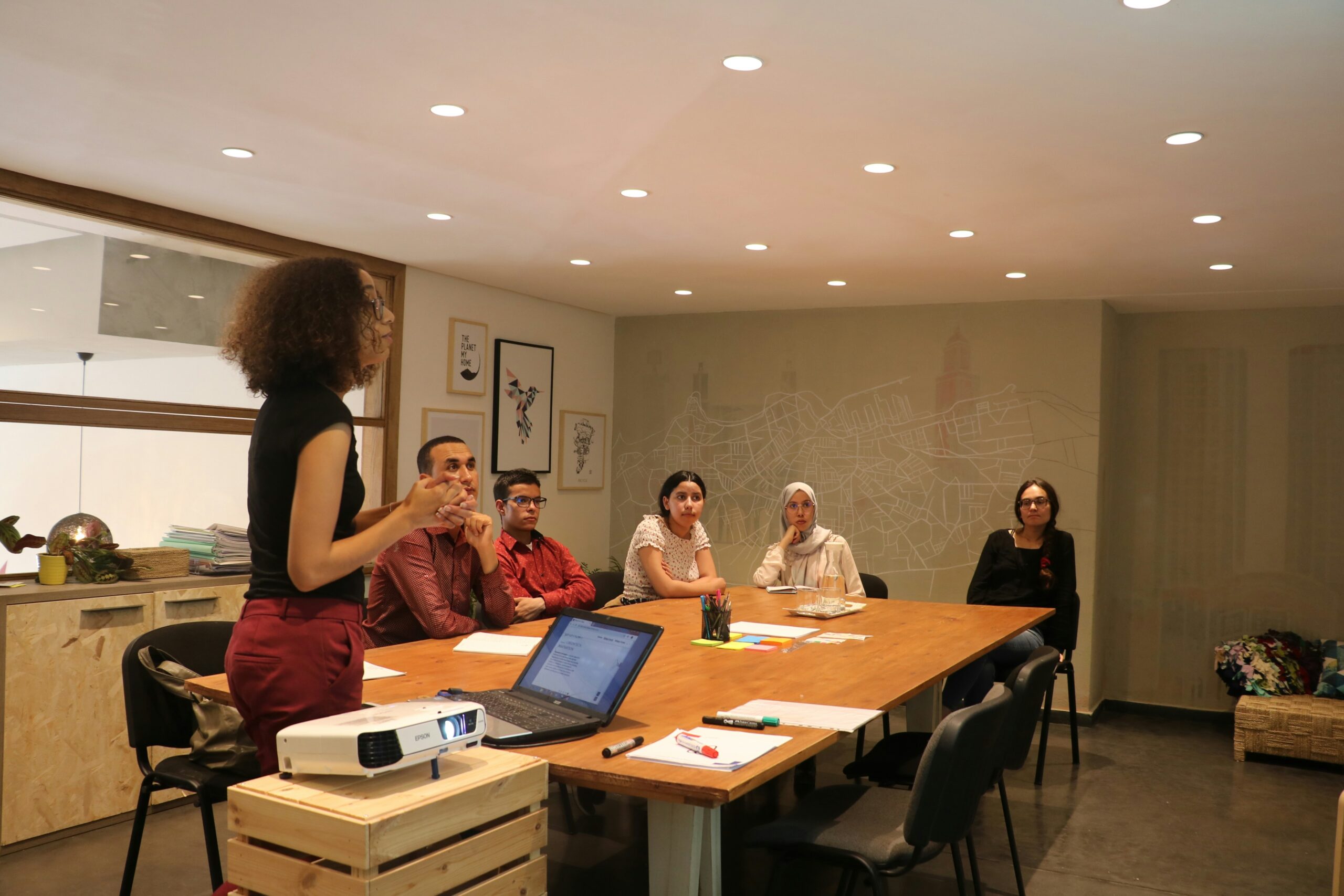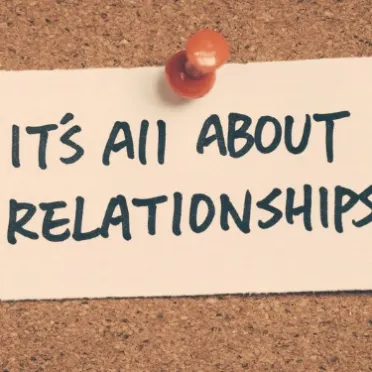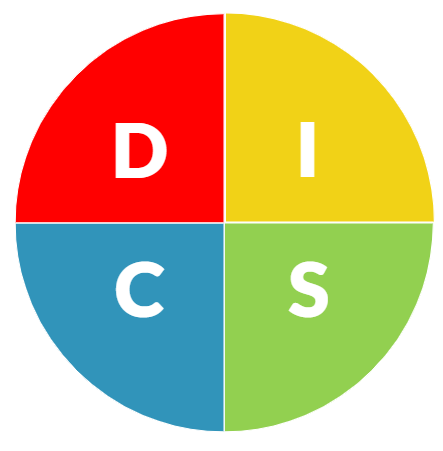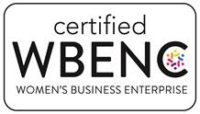Over the last 6 months I’ve had the honor of meeting a lot of new vendors. In understanding their value, their niche, their process and of course their cost, I’ve been surprised at the continued increase in pricing for L&D programs.
Interestingly enough, I also finished reading Predictably Irrational by Daniel Ariely, in which he discusses the Placebo effect in terms of the cost of cheaper vs. more expensive pain killer.
This got me thinking about a few things.
- Does more expensive training hold more weight?
- Does the enthusiasm generated by leaders over the more expensive training outweigh the actual content?
- Does the “opportunity” to learn in general provide enough of a mindset shift to actually learn more?
To answer some of these pieces:
- Does more expensive training hold more weight?
The interesting thing here is that oftentimes our employees have no idea how much training costs. The expenses of learning are actually taken for granted. Now I’m not a researcher so my data points are through observation solely but here is what I’ve witnessed. On the rare occasion an employee finds out how much a training costs, I’ve noticed their mentality shift. They go from being a less interested learner into a more engaged one. Their feedback becomes more informative, providing me with more extensive follow-up. This inevitably leads to whether or not they felt the program was worth that cost or not but either way, I’ve received more data points than I normally would.
So to answer that question – It holds more weight when participants know how expensive it is.
To follow that question up with another question, you might ask, so then should we only provide expensive training to our employees? Hell no. Why? There are too many vendors out there who charge an arm and a leg for satisfactory training. Maybe I’m bias but I don’t want satisfactory. If I’m spending money to learn something, I want it to be excellent.
- Does the enthusiasm generated by leaders over the more expensive training outweigh the actual content?
Now this one gets tricky. A client recently spent $22,000 for a 1-hour program. When the leaders found out the cost, they rolled out a company wide initiative to help promote the content, retain the information and utilize it throughout their culture. As an L&D practitioner, I LOVE THIS. This is how behaviors are changed! Sign me up every day of the week for this enthusiasm! But it got me thinking. If that program had been less expensive, would there be the same push for behavior change and company wide program development? My assumption is no.
In this case, if you want companywide behavior change, you have two options:
- Hire an expensive vendor and let your leadership know their costs
- Lie to leadership about how expensive the program is to get their buy in (joking…mostly)
- Does the “opportunity” to learn in general provide enough of a mindset shift to actually learn more?
Let me paint this picture. You’re in an interview with a new company and they share that they have an award-winning learning and development department. They provide you a list of courses, explain what the learning plan would be like for your new role and how often you’d participate in learning programs. This is exciting for you so you accept the job. This is where my question comes in. Whether or not you actually attend a single one of the programs above, does the general concept of having the opportunity for learning to exist change your mindset allowing you to be more inquisitive? More curious? More open to learning something new?
Once again, I’m not a researcher, but whenever I’ve gone into a new company to roll out a new Learning and Development Department, there are always at least two groups of people I come across. Those who LOVE learning and stop by my office everyday (shout out to all of you!) and those of you who freely share your “inability to learn and grow”. For me, just having that mix of people and the opportunity for learning is enough to change a mindset. Why do I believe this? Because once you pair that learning lover with that learning prisoner, learning always wins. That learning lover will ask questions or share information with that learning prisoner. That learning prisoner, while at first may be rolling their eyes or swearing under their breath, is going to find one small nugget of useful information. They haven’t attended a program so to speak but the culture alone will do it for them.
So maybe there is a bit of a placebo effect in learning. But if the end result is still a healthy, productive company, then the mindset alone might be worth a lot more than we realized!










